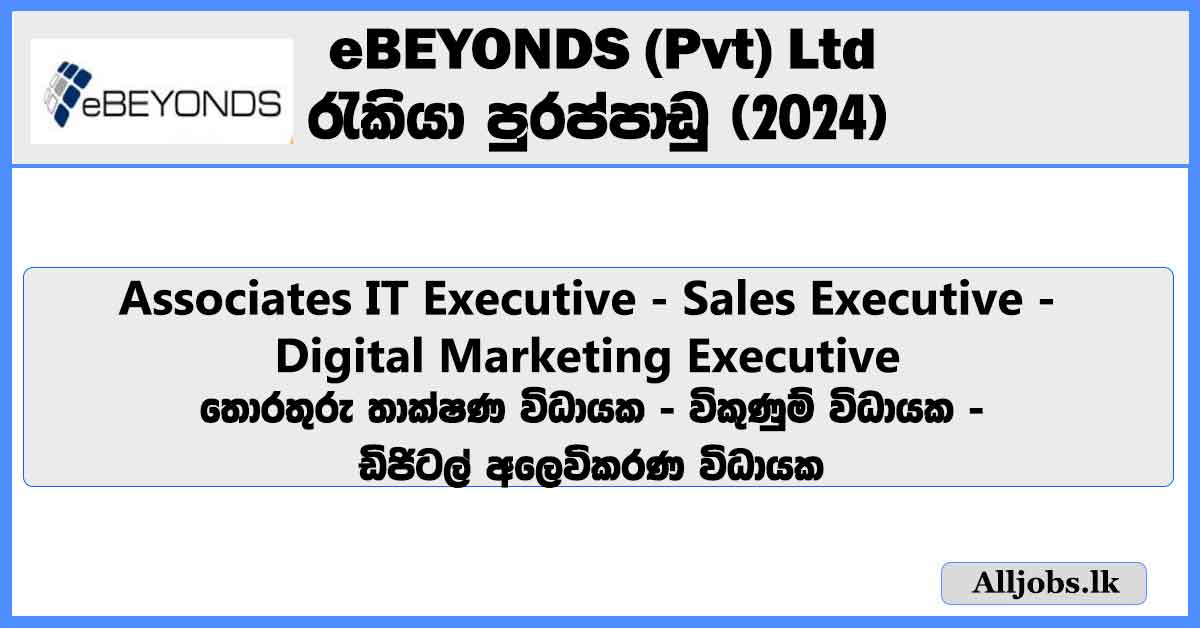What are the most common job-related travel expenses that employers usually cover for their employees?
Employers usually cover several common job-related travel expenses for their employees, such as airfare or transportation, lodging, meals, and incidentals.
Some employers may also cover expenses for conference or event attendance, ground transportation, or rental cars.
Employers typically cover travel expenses for employees, depending on company policy and industry.
How do business travelers typically handle their expenses while on the road?
Business travelers should use corporate credit cards or expense management software for expense reporting.
Business travelers may also be required to obtain pre-approval for certain expenses before they are incurred.
In some cases, business travelers may need to pay for expenses out of pocket and then submit for reimbursement.
Business travelers should understand their company’s expense policy and follow guidelines to ensure reimbursement.
What are the most effective ways for travel managers to reduce costs related to business travel?
There are several effective ways for travel managers to reduce costs related to business travel, including:
- Negotiating corporate rates with hotels, airlines, and car rental companies.
- Encouraging employees to book travel in advance to take advantage of lower fares.
- Implementing a travel policy that outlines guidelines for spending and expense reimbursement.
- Using travel management tools, such as expense management software, to track spending and identify areas for cost savings.
- Offering incentives for employees to choose more cost-effective travel options.
- Encouraging employees to use video conferencing or other virtual meeting tools instead of traveling for meetings when possible.
- Limiting unnecessary travel by evaluating the purpose and benefits of each trip.
- Encouraging employees to use company-approved travel vendors to take advantage of discounts and loyalty programs.
- Providing training to employees on how to book travel in a cost-effective manner.
- Monitoring travel spending regularly and making adjustments to policies or vendor agreements as needed.
How do travel policies differ across various industries when it comes to job-related travel expenses?
Travel policies can differ across various industries when it comes to job-related travel expenses.
For example, companies in the finance or legal industries may have stricter policies around expense reporting and pre-approval for expenses.
Government agencies may have specific guidelines around allowable expenses and per diem rates. Per diem rates vary depending on location.
Travel is an important part of the job, allowing employees to choose their own travel options.
Companies in these industries may also have higher travel budgets to accommodate for frequent travel.
Adherence to travel policies can help minimize expenses and ensure employees are reimbursed in a timely and fair manner.
What are some common challenges faced by business travelers when it comes to expense management?
Business travelers face several common challenges when it comes to expense management, including:
Keeping track of receipts:
Business travelers must collect receipts for expenses, which can be time-consuming and costly.
Staying within budget:
Business travelers must balance budget and business requirements when choosing flights.
Understanding company policy:
Business travelers may not understand their company’s travel policies.
Delayed reimbursement:
Business travelers may experience delays in receiving reimbursement for expenses, which can be frustrating and impact their personal finances.
Currency exchange:
Business travelers who travel internationally may have to deal with currency exchange rates, which can be confusing and add additional expenses.
Lack of visibility into spending:
Business travelers may have limited visibility into their travel expenses and how they compare to their budget, which can make it difficult to adjust their spending accordingly.
Compliance:
Business travelers must comply with their company’s policies, including selecting approved travel vendors, following expense guidelines, and adhering to company-approved travel plans.
Travel managers and employers can help alleviate some of these challenges by implementing clear travel policies, providing training and support for employees, and offering technology solutions for expense management.
How do employers determine travel budgets for their employees?
Employers determine travel budgets for their employees based on several factors, such as the frequency of travel, the purpose of the trip, and the available funds.
Some employers may set a flat travel budget for all employees, while others may allocate funds on a per-trip basis.
Employers should consider employee role, potential benefits, and potential return on investment when setting travel budgets.
Clear communication of travel budgets, along with any guidelines or restrictions around spending, should be provided to employees.
By effectively managing travel budgets, employers can help control costs and ensure that employees have the resources they need to travel for business purposes.
What is the impact of technology on managing job-related travel expenses?
Technology has had a significant impact on managing job-related travel expenses. Here are some ways in which technology has improved expense management for business travelers and travel managers:
- Expense tracking software: Many companies now use expense tracking software, which allows employees to easily record and categorize their expenses while on the road. These tools can help to streamline the expense management process, reducing the time it takes to submit and process expense reports.
- Mobile apps: Mobile apps allow business travelers to track their expenses in real-time, take photos of receipts, and manage their expenses on-the-go. This can help to reduce the risk of lost receipts and improve the accuracy of expense reports.
- Electronic receipts: Many companies now accept electronic receipts, which can be emailed directly to the traveler or uploaded to an expense management system. This can help to reduce the amount of paper waste associated with traditional receipts and make it easier to manage expenses.
- Integration with travel booking tools: Some expense management software can be integrated with travel booking tools, such as online booking portals or travel management systems. This integration can help to automate expense tracking and provide a more comprehensive view of travel spending.
- Data analysis and reporting: Technology has made it easier to analyze and report on travel spending, allowing travel managers to identify trends, optimize spending, and negotiate better deals with travel vendors.
Technology has enabled businesses to reduce travel expenses and improve the travel experience for employees.
What are the most important factors that employers and travel managers consider when selecting travel management tools?
When selecting travel management tools, employers and travel managers consider several factors, including:
- Ease of use: Travel management tools should be easy to use for both employees and travel managers. The tools should be intuitive and require minimal training to use effectively.
- Integration with existing systems: Travel management tools should be able to integrate with existing systems, such as expense management software, HR systems, and travel booking tools.
- Reporting and analytics: The tools should provide robust reporting and analytics capabilities, allowing travel managers to track spending, analyze trends, and identify opportunities for cost savings.
- Customization: The tools should be customizable to meet the specific needs of the company, such as the ability to set travel policies and approval workflows.
- Security: The tools should be secure and comply with industry standards and regulations, such as GDPR and PCI DSS.
- Cost: The cost of the travel management tools should be reasonable and provide a positive return on investment.
- Customer support: The tools should come with good customer support, including training and ongoing support to ensure that employees and travel managers can use the tools effectively.
- Mobile accessibility: Travel management tools should be accessible on mobile devices, allowing employees to manage their travel expenses on-the-go.
Employers and travel managers can use travel management tools to improve the travel experience, increase efficiency, and reduce costs.
Work-related technology and tools
Job-related stress and burnout prevention




